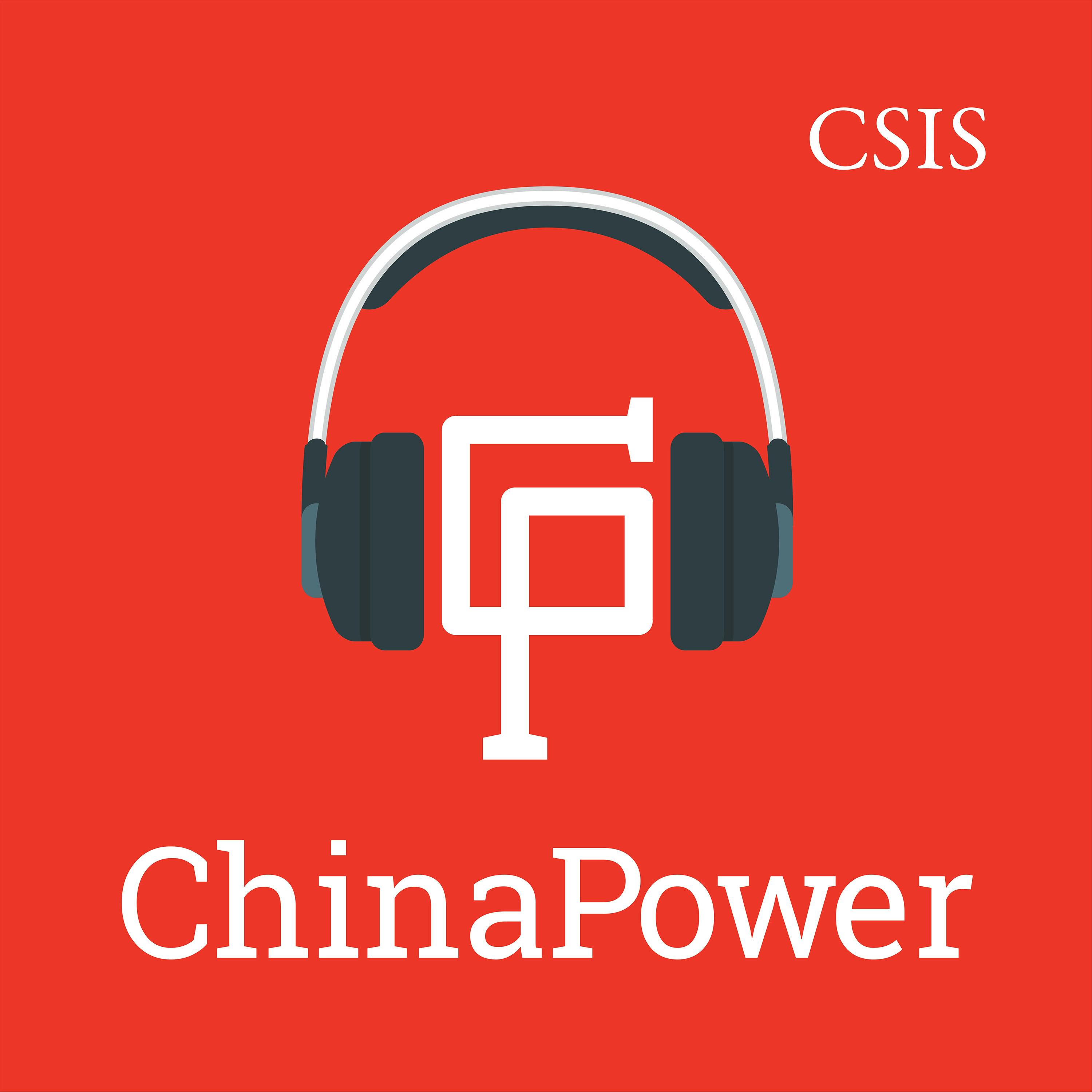
Getting China’s Defense Spending Right: A Conversation with M. Taylor Fravel, George J. Gilboy, and Eric Heginbotham

ChinaPower
Deep Dive
- Estimates of China's defense spending vary greatly, with some suggesting it's approaching US levels.
- The experts challenge these high-end figures, suggesting a more accurate estimate is around $474 billion.
- They emphasize the importance of comparing like-for-like items and using appropriate exchange rates for accurate comparison.
Shownotes Transcript
In this episode of the ChinaPower Podcast, Dr. Taylor Fravel, Dr. George Gilboy, and Dr. Eric Heginbotham join us to discuss their recent article) assessing China's defense budget. They challenge widely cited figures that estimate China's defense spending at $700 billion and provide an apples-to-apples analysis based on purchasing power parity. They assess China's defense spending is around $470 billion, about one-third of the U.S. defense budget, and detail what categories they included and excluded. The conversation explores the analytical shortcomings of current estimates, emphasizing the need for appropriate exchange rates and like-for-like item comparisons between China's and the U.S.'s defense budgets. They also discuss China's military priorities and modernization efforts and key factors that may determine the future trajectory of Chinese defense spending.
Dr. M. Taylor Fravel is the Arthur and Ruth Sloan Professor of Political Science and director of the Security Studies Program at MIT, specializing in international security with a focus on China and East Asia. He is the author of Strong Borders, Secure Nation and Active Defense: China's Military Strategy Since 1949, with numerous publications in leading journals like International Security and Foreign Affairs. A Rhodes Scholar and Andrew Carnegie Fellow, he holds degrees from Middlebury, Stanford, LSE, and Oxford. Fravel also serves on the board of the National Committee on U.S.-China Relations and leads the Maritime Awareness Project.
Dr. George J. Gilboy is a senior fellow at the Center for International Studies, Massachusetts Institute of Technology (MIT). George concurrently heads Woodside Energy’s Tokyo office. From 2013 to 2018, George was chief economist and vice president of business environment in Perth, leading Woodside’s corporate forecasting team. George lived and worked in China from 1994 to 2013 in roles with Woodside, Shell, Cambridge Energy Research, and Tsinghua University. George holds a BA from Boston College and a PhD in political economy from MIT.
Dr. Eric Heginbotham is a principal research scientist at MIT’s Center for International Studies and a specialist in Asian security issues. Before joining MIT, he was a senior political scientist at the RAND Corporation, where he led research projects on China, Japan, and regional security issues and regularly briefed senior military, intelligence, and political leaders. Prior to that he was a senior fellow of Asian Studies at the Council on Foreign Relations. After graduating from Swarthmore College, Heginbotham earned his PhD in political science from MIT. He is fluent in Chinese and Japanese and was a captain in the US Army Reserve.